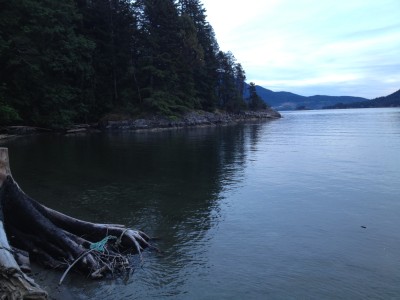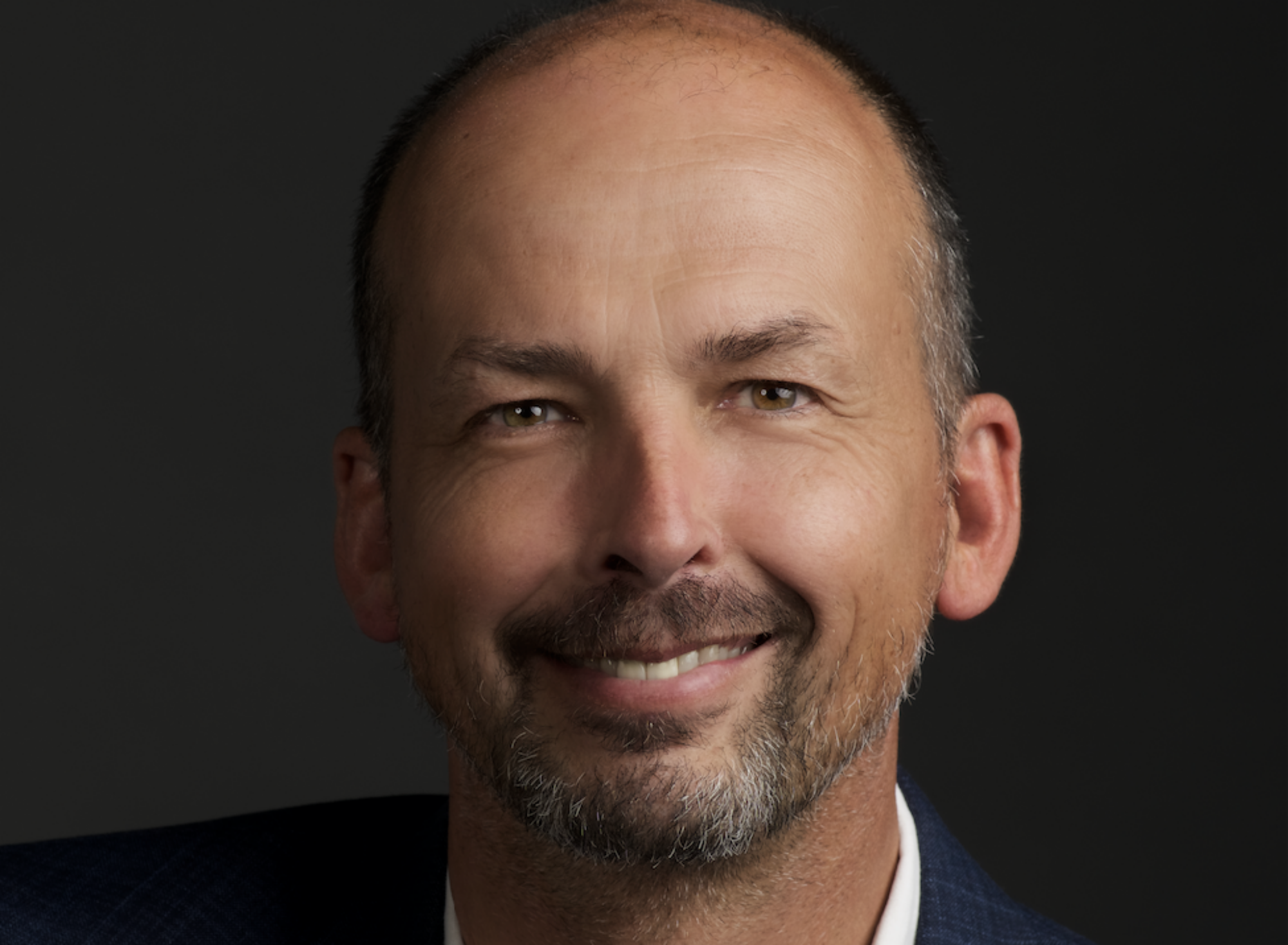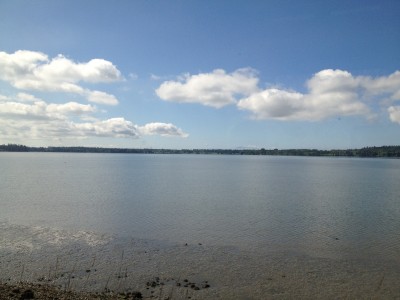
Yesterday, Katharine Weinmann, a friend and colleague in The Circle Way, invoked a couple of images that I loved to help shape the start of our working day together. There are ten of us gathered for three days. We are a board for the non-profit that supports The Circle Way. We are a core circle that stewards a transition from founder-lead to network-lead. We are in conversation. We are in imagining. We are in good listening. As we have been for the last three years in particular.
Katharine first invoked “kanata” a reference to Canada and some early meaning — “clean, pure, and sacred,” from First Nations peoples, likely Iroquois. We are meeting in a place that evokes this. Gambier Island off the west coast of Vancouver, BC. There is a deliberateness of simplicity here, an area living mostly off of the grid. It is accessible by water taxi.
Katharine then invoked another word, “baraka,” and Islamic word that connotes a quality of “ineffable grace.” Well, that’s a rather good invocation for how to work together isn’t it. I’m rewarded to be with people in this group that exude this quality far more than I do.
Then, the ten of us began. Each speaking a bit to share what we were arriving with. It’s the simple, and very wise beginning that is a check-in, in which some of the words below were spoken:
- Hope for what we could accomplish together in moving the work of The Circle Way along.
- Awareness of the contrast that “baraka” invites compared to some of the blatant animosity that populates political landscapes.
- Welcoming an unknowing together — to not unintentionally impose a clarity to appease an anxiety that can often come with not knowing.
- Stillness, to listen well.
- Relaxed in knowing how we work in the form that is Circle and how it works in us. Some things happen just because we are willing, don’t they.
- Welcoming change — we all know that at least part of our job is to evolve who we are together, what we do together, and how we do it.
- Welcoming emotions — there is pain present in so many institutions and peoples that requires presence together and a welcome of new paths.
So we began. So we continue. Calling out the best of us in each other. That is something to be done with friends.

